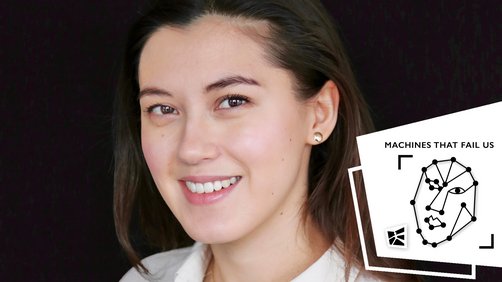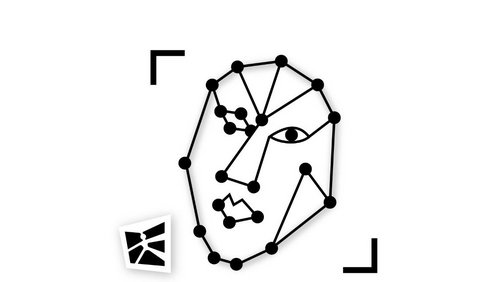Research - 22.03.2024 - 10:56
Better health thanks to AI?
Bryan Johnson is, in his own words, "history's most measured man". The US startup investor spoke in an interview at START Summit 2024 about how he has his health monitored and controlled by AI - an extreme example of the AI trend that is currently occupying the startup scene. HSG researchers are also using AI to gain insight into mental health.

In 2021, US investor Bryan Johnson founded Blueprin Project: for which he underwent hundreds of medical tests. "I had my body, every single organ, completely tested. At the same time, I had hundreds of biomarkers collected," he said at START Summit 2024 in an interview with British venture capitalist Harry Stebbings.
Based on the measurements, Johnson had an artificial intelligence (AI) programmed to make daily decisions for him. "It tells me what to eat and when, how to exercise and when to go to sleep," says Johnson. One day, the US American believes, everyone will plan their health according to AI recommendations and "we won't be able to imagine that it was ever any different." He is also the owner of venture capitalist OS Funds, which primarily invests in biotech and health tech startups that use AI for their products.
AI and scientific findings lead to breakthroughs
Johnson epitomises in an extreme way a topic that is currently driving startups - and therefore also START Summit: The use of digital technology in the health and prevention sector. START Summit featured several discussion panels with entrepreneurs and experts from the field. For example, Marc Bernegger and Tobias Reichmuth - co-founders of Maximon, which advises and finances health tech startups - spoke with Aksana Labhoka from Rejuvenate Biomed under the title "Building Longer Lives". The company uses AI to research the ageing processes and how it can be slowed down.
"Everyone wants to live a long and healthy life, so the market opportunities in this area are good," said Bernegger. Science has only understood more precisely how and why people age in recent years. "This is a huge breakthrough. Coupled with the possibilities of AI, we can use these scientific findings to offer solutions that help people age better." However, the concept of "longevity" is still fresh and the startup scene still has to find out what customers and investors understand by it. "It is therefore still difficult for startups in this area to receive investment."
HSG researches mental health with AI
HSG researchers are also working intensively on the question of how digital technologies can improve health. Clemens Stachl, HSG professor of Behavioural Science, is currently heading the international research project ACTWELL. In this project, which is supported by the Swiss National Science Foundation (SNSF), researchers from a wide range of universities are jointly analysing digital behavioural data from smartphones.
"We want to develop a better understanding of how daily behaviour and individual well-being are linked," says Stachl, who is a trained psychologist. Data collection via smartphones in combination with AI tools enables new and scalable approaches to identifying, predicting and potentially intervening in well-being and mental health issues.
It is important to Stachl that the resulting research findings have a social impact. "This requires a multidisciplinary perspective that combines evidence-based findings from research with innovative entrepreneurial solutions," says the HSG researcher.
Will AI steer humanity away from self-destruction?
The topic of AI and health therefore has many forms. There was a consensus among the experts at START Summit that AI is the "game changer". As Bryan Johnson put it: "We are only tiny steps away from superintelligence. We humans are self-destructive - with our health and our planet. AI will help us because it doesn't have a self-destructive bias."
More articles from the same category
This could also be of interest to you
Discover our special topics









![[Translate to English:] KI-Regulierung in der Schweiz | unisg.ch](https://www.unisg.ch/fileadmin/_processed_/2/f/csm_KI_AdobeStock_ipopba-2000x1125_6af0ce2f92.jpg)






